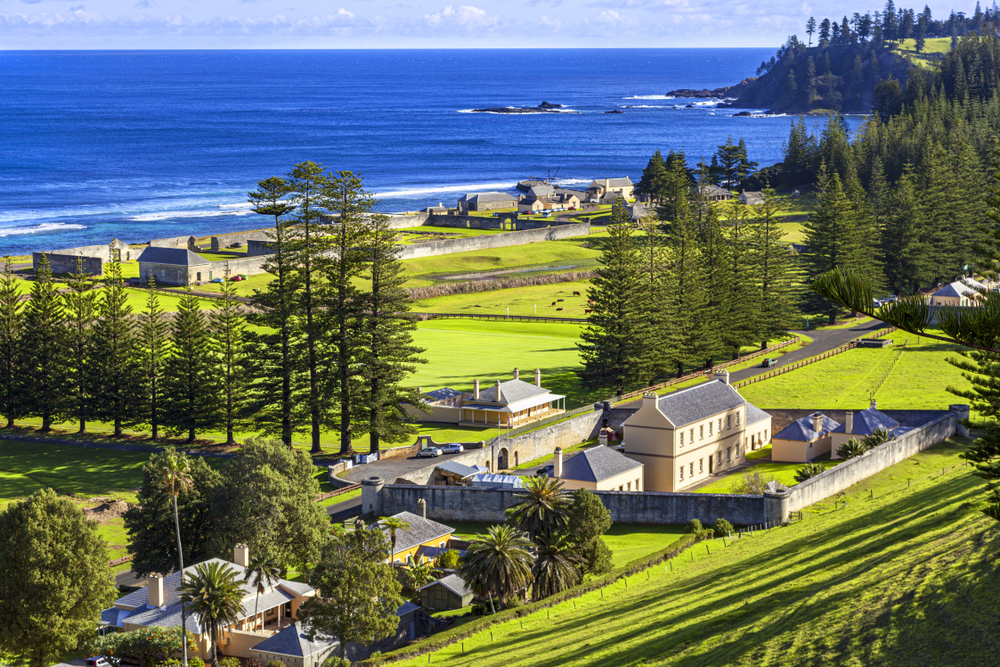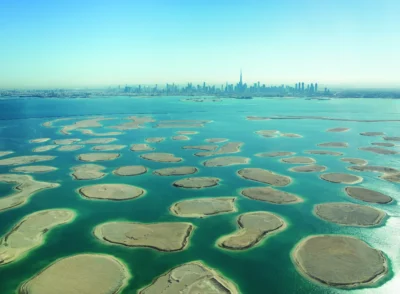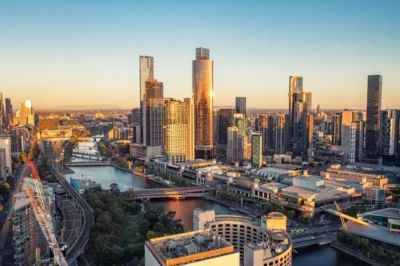Norfolk Island wants to be associated with New Zealand instead of Australia
Survey participants blame the Australian government’s lack of respect for the local culture

Norfolk Island may officially be a part of Australia, but residents have always felt unrespected by the mainland government and wanted to be associated with New Zealand instead, reported CNN.
The islet is home to 1,800 people in the South Pacific, about 1,440 kilometres from the east coast of Australia and only 805 km from the north of New Zealand. It used to be a self-governing state before the Australian government passed a law that applied mainland regulations on the small island in 2015.
According to realestate.com.au, the changes also opened up more lenient rules for foreign investments, when previously they were only allowed for those who bought a business and ran it for five years before trying for residency.
The new laws, however, did not dwell well with locals. Just this month, Norfolk Island People for Democracy (NIPD) conducted an unofficial survey involving 457 respondents, about a quarter of the island’s total population.
Some 36 percent preferred free association with the Kiwi government only for foreign policy and defence, meaning Norfolk could still be in charge of their domestic matters.
Meanwhile, 35 percent wanted free association with the Australian government, 25 percent desired complete independence, and only three percent chose full integration with the Aussies, which autonomy activists fear could be caused by the direction the government is currently taking.
More: Can foreigners still buy Australian islands?
Candice Nobbs, a member of the management committee of NIPD, explained that they wanted to show how unhappy the locals were about how they were governed. She said that the island’s governance has been controversial for many years.
Since the island started experiencing economic issues and tourism slump, Australia amended how it was governed, applying mainland taxes, social security, and other policies.
While some residents were more welcoming about the new regulations, others believed they were losing their freedom.
Nobbs clarified that it was because of the Australian government’s approach, which showed “lack of respect” towards the local culture, particularly land rights, as though they wanted to take over the island.
Recommended
Dewan Architects’ Mohammed Adib leads with human-centred design and technological innovation in the Middle East and beyond
Mohammed Adib channels his childhood curiosity and dislike for design uniformity into his work at Dewan Architects + Engineers
UAE real estate shifts focus to sustainability and quality, revitalising iconic projects
The UAE has risen from its challenges to emerge as a more sustainable, quality-focused destination
Exploring A Life By Design’s maximalist approach to interior design
Andrea Savage is embracing the maximalist trend with bold and vibrant interior designs
Jakarta’s emerging innovation hub integrates tech and healthcare sectors
The Digital Hub in BSD City is being positioned as Indonesia’s counterpart to Silicon Valley






